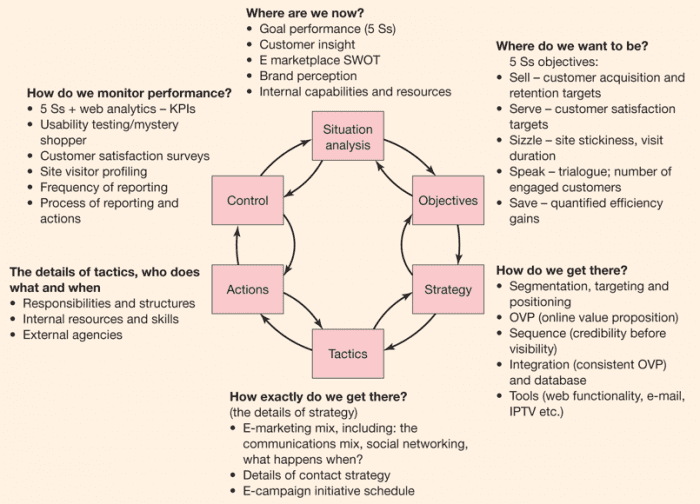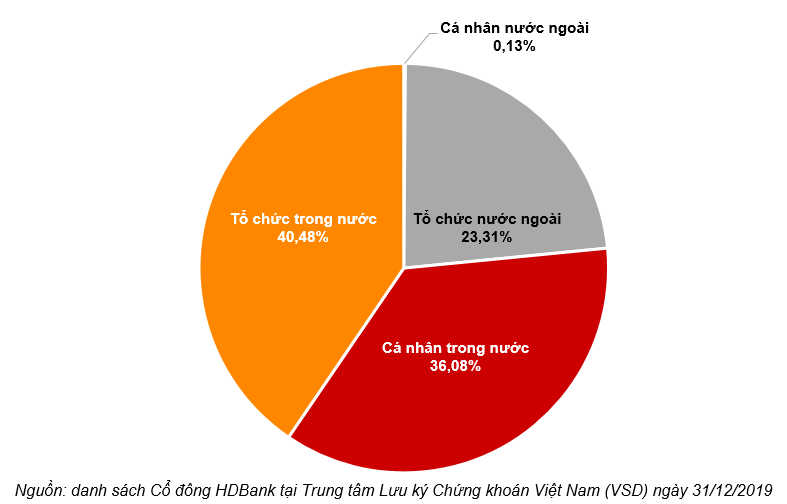What if we want to pass a function as a parameter? How does C# handles the callback functions or event handler? The answer is – delegate.
The delegate is a reference type data type that defines the method signature. You can define variables of delegate, just like other data type, that can refer to any method with the same signature as the delegate.
There are three steps involved while working with delegates:
Declare a delegate Set a target method Invoke a delegate
A delegate can be declared using the delegate keyword followed by a function signature, as shown below.
Bạn đang xem: Delegate c# là gì
Above, we have declared a delegate MyDelegate with a void return type and a string parameter. A delegate can be declared outside of the class or inside the class. Practically, it should be declared out of the class.
After declaring a delegate, we need to set the target method or a lambda expression. We can do it by creating an object of the delegate using the new keyword and passing a method whose signature matches the delegate signature.
public delegate void MyDelegate(string msg); // declare a delegate// set target methodMyDelegate del = new MyDelegate(MethodA);// or MyDelegate del = MethodA; // or set lambda expression MyDelegate del = (string msg) => Console.WriteLine(msg);// target methodstatic void MethodA(string message){ Console.WriteLine(message);}
You can set the target method by assigning a method directly without creating an object of delegate e.g., MyDelegate del = MethodA.
After setting a target method, a delegate can be invoked using the Invoke() method or using the () operator.
public delegate void MyDelegate(string msg); //declaring a delegateclass Program{ static void Main(string args) { MyDelegate del = ClassA.MethodA; del(“Hello World”); del = ClassB.MethodB; del(“Hello World”); del = (string msg) => Console.WriteLine(“Called lambda expression: ” + msg); del(“Hello World”); }}class ClassA{ static void MethodA(string message) { Console.WriteLine(“Called ClassA.MethodA() with parameter: ” + message); }}class ClassB{ static void MethodB(string message) { Console.WriteLine(“Called ClassB.MethodB() with parameter: ” + message); }}
The following image illustrates the delegate.

C# Delegate
Passing Delegate as a Parameter
A method can have a parameter of the delegate type, as shown below.
public delegate void MyDelegate(string msg); //declaring a delegateclass Program{ static void Main(string args) { MyDelegate del = ClassA.MethodA; InvokeDelegate(del); del = ClassB.MethodB; InvokeDelegate(del); del = (string msg) => Console.WriteLine(“Called lambda expression: ” + msg); InvokeDelegate(del); } static void InvokeDelegate(MyDelegate del) // MyDelegate type parameter { del(“Hello World”); }}class ClassA{ static void MethodA(string message) { Console.WriteLine(“Called ClassA.MethodA() with parameter: ” + message); }}class ClassB{ static void MethodB(string message) { Console.WriteLine(“Called ClassB.MethodB() with parameter: ” + message); }}
In .NET, Func and Action types are built-in generic delegates that should be used for most common delegates instead of creating new custom delegates.
Xem thêm: Trẻ Sơ Sinh Là Gì – 5 điều Bạn Chưa Biết Về Trẻ Sơ Sinh
Multicast Delegate
The delegate can point to multiple methods. A delegate that points multiple methods is called a multicast delegate. The “+” or “+=” operator adds a function to the invocation list, and the “-” and “-=” operator removes it.
public delegate void MyDelegate(string msg); //declaring a delegateclass Program{ static void Main(string args) { MyDelegate del1 = ClassA.MethodA; MyDelegate del2 = ClassB.MethodB; MyDelegate del = del1 + del2; // combines del1 + del2 del(“Hello World”); MyDelegate del3 = (string msg) => Console.WriteLine(“Called lambda expression: ” + msg); del += del3; // combines del1 + del2 + del3 del(“Hello World”); del = del – del2; // removes del2 del(“Hello World”); del -= del1 // removes del1 del(“Hello World”); }}class ClassA{ static void MethodA(string message) { Console.WriteLine(“Called ClassA.MethodA() with parameter: ” + message); }}class ClassB{ static void MethodB(string message) { Console.WriteLine(“Called ClassB.MethodB() with parameter: ” + message); }}
The addition and subtraction operators always work as part of the assignment: del1 += del2; is exactly equivalent to del1 = del1+del2; and likewise for subtraction.
If a delegate returns a value, then the last assigned target method”s value will be return when a multicast delegate called.
public delegate int MyDelegate(); //declaring a delegateclass Program{ static void Main(string args) { MyDelegate del1 = ClassA.MethodA; MyDelegate del2 = ClassB.MethodB; MyDelegate del = del1 + del2; Console.WriteLine(del());// returns 200 }}class ClassA{ static int MethodA() { return 100; }}class ClassB{ static int MethodB() { return 200; }}
Generic Delegate
A generic delegate can be defined the same way as a delegate but using generic type parameters or return type. The generic type must be specified when you set a target method.
For example, consider the following generic delegate that is used for int and string parameters.
public delegate T add(T param1, T param2); // generic delegateclass Program{ static void Main(string args) { addint> sum = Sum; Console.WriteLine(sum(10, 20)); addstring> con = Concat; Console.WriteLine(conct(“Hello “,”World!!”)); } public static int Sum(int val1, int val2) { return val1 + val2; } public static string Concat(string str1, string str2) { return str1 + str2; }}
Xem thêm: Cation Là Gì – Anion Sự Khác Biệt Giữ Anion Và Cation

Points to Remember :
Chuyên mục: Hỏi Đáp










